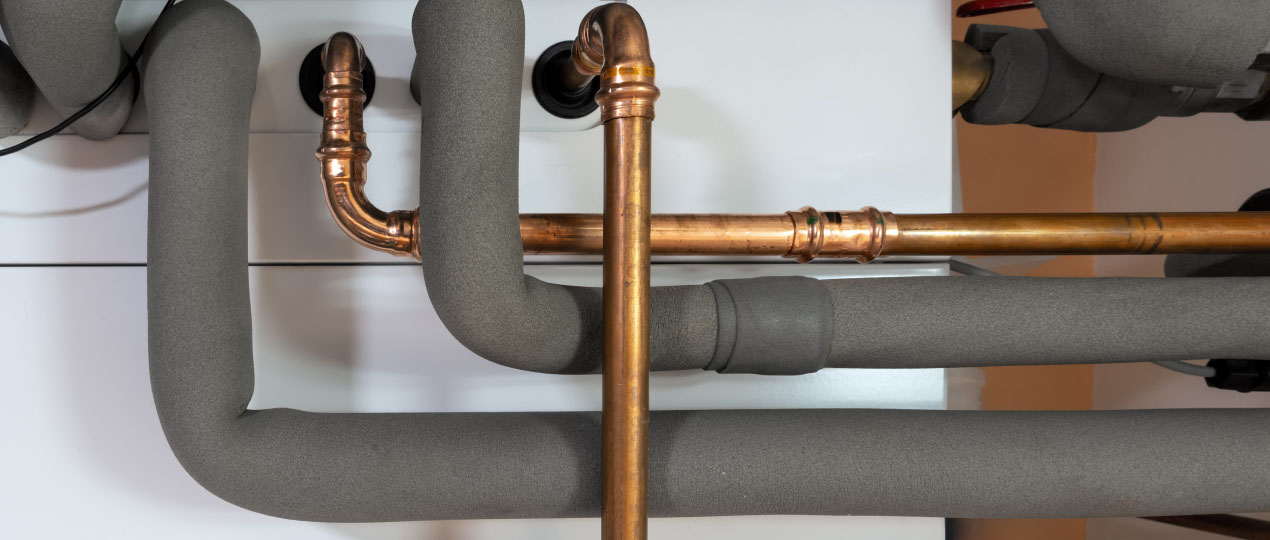
If you notice dust, debris, or mould in your air ducts, it’s important to clean them to improve the air quality in your home and protect your health. The accumulation of these particles can not only spread allergens and irritants throughout your living space but also reduce the efficiency of your HVAC system. Professional air duct cleaning can effectively remove these contaminants, providing better indoor air quality and reducing the risk of respiratory illness.
Additionally, keeping your ductwork clean can extend the life of your HVAC system by preventing clogging and stress on components. Regular ductwork inspection and maintenance are crucial to maintaining a healthy and comfortable indoor climate.
Where to start?

To determine whether your air ducts need cleaning, there are some signs you should pay attention to. If you see a thick layer of dust or debris on the walls of your ducts, it’s probably time to have them cleaned. Additionally, if you notice discolouration of your vents, such as green, white or red, this might indicate the presence of mould, fungus or rust, which requires immediate attention. Furthermore, if you can smell mould or dust coming from your vents, it’s a clear indication that contaminants are present in the air, and thorough cleaning is necessary to improve indoor air quality.
A visual inspection can detect nearby problems, but ductwork often extends up to 100 feet. To inspect these out-of-reach areas, you need specialized equipment beyond a camera or mirror.
- To check for any leaks in the ducts, turn on the unit and inspect the insulation around the supply ducts. The insulation is not there to seal the ductwork, but to prevent heat loss. If you notice the insulation moving, this is a sign of a leak in the ducts. To fix the issue, remove the insulation, seal the leak, and then replace the insulation.
- inspect all registers from where the air enters the room and if they are dirty, remove them from the wall or floor and clean with a dry paper towel. If they haven’t been cleaned for a few years, clean them in the sink. Additionally, please check the return air register as well. It may be easier to use a vacuum cleaner on the return vent to remove the dust and buildup.
- Turn off your heat/AC unit and carefully insert a borescope into the ducts. While doing so, keep an eye on the screen to spot any problems. If your borescope has a counter, make sure to mark the register you are inspecting and the depth of the probe. This will help you return to the exact location later for any repairs or cleaning. You can also attach a hook or magnet to the camera head to retrieve any unwanted items you find in the ducts during the inspection.






